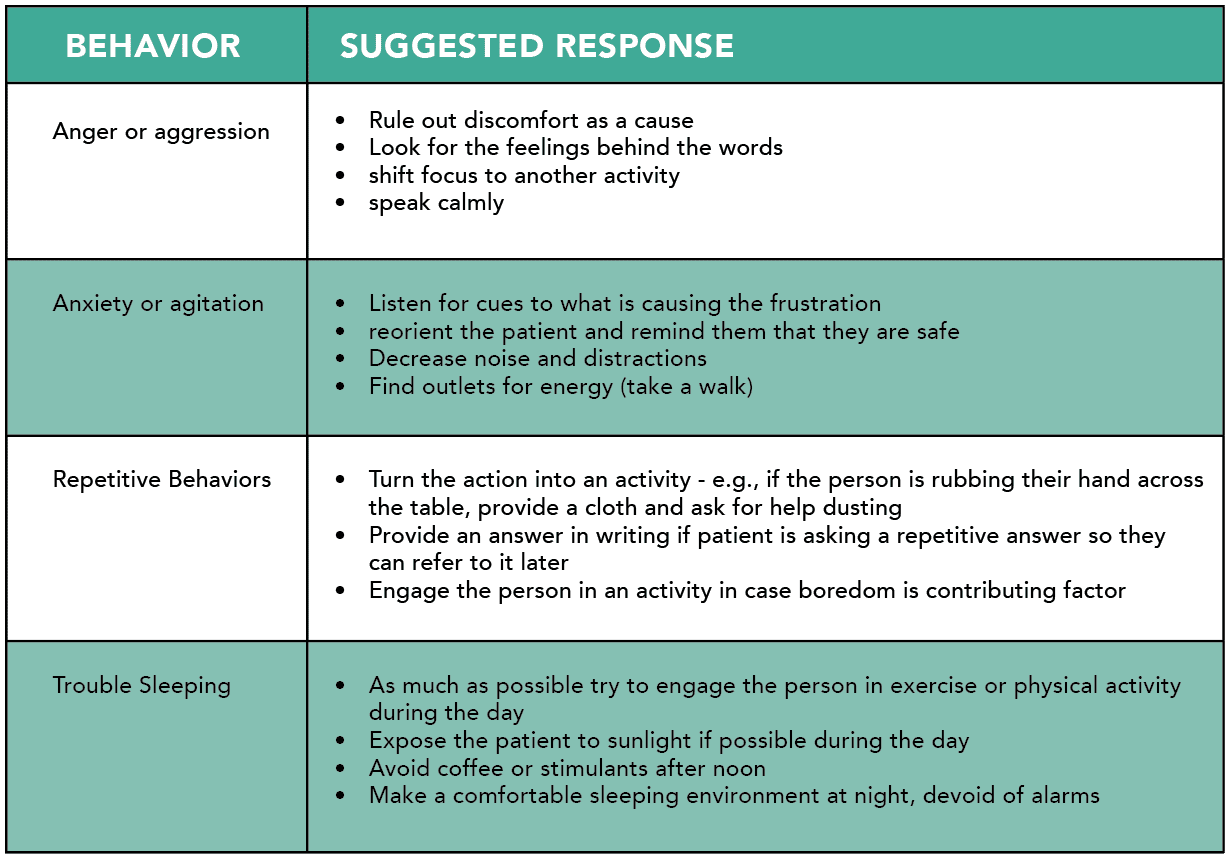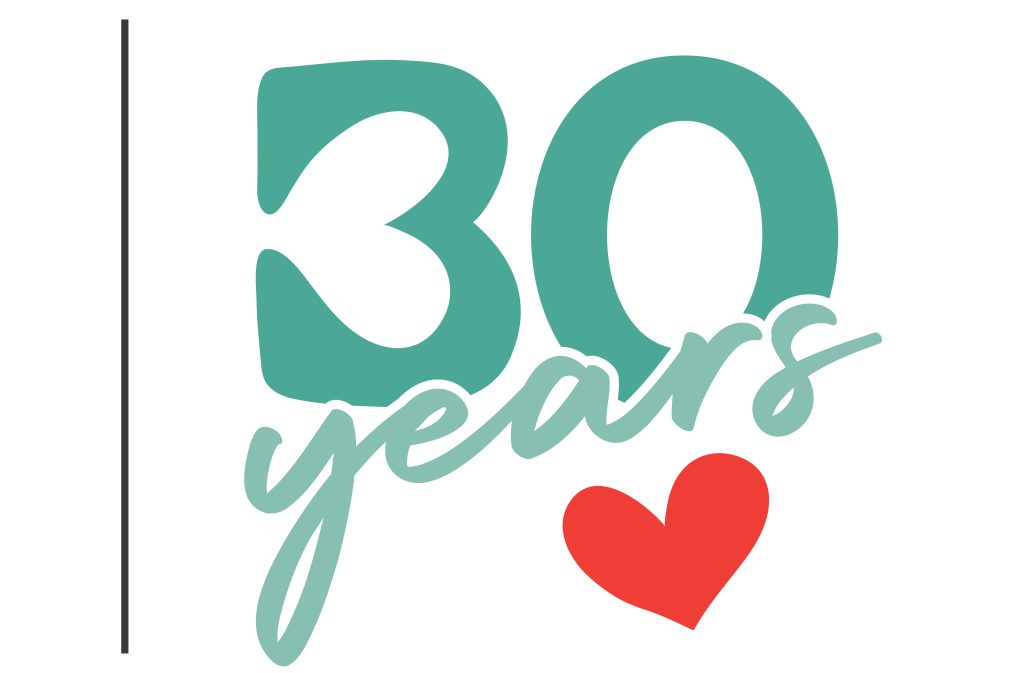LIVING WELL
with Serious Illness
We Are Here For You
Facing serious illness can be an incredibly challenging and emotional journey, both for individuals and their loved ones. We’re here to provide you with comprehensive and compassionate information on living well through serious illness.
Forms & Resources
Videos
Who Provides Care at Hospice?
Hospice vs. Palliative Care
Will vs. Living Will
Testimonials
How Can We Help?
You are not alone. Together we can navigate the challenges, find comfort, and make the most of every moment. Our aim is to empower you and your loved ones to actively participate in decision-making, ensuring that your preferences, values, and goals are respected and honored.
What is Serious Illness?
Serious illness is a health condition that is expected to get worse over time AND either negatively impacts a person’s daily function or quality of life, OR excessively strains their caregivers (or both)
Examples of Serious Illness can include: Cancer, COPD, Emphysema, Interstitial Lung Disease, Congestive Heart Failure, Renal Disease, Dementia, Chronic liver disease, Coronary Artery disease, Peripheral Vascular disease, ALS, MS, Frailty (frequent falls, weakness, requiring assistive devices to walk, etc.), or having 3 or more other chronic diseases like diabetes, high blood pressure, high cholesterol, arthritis, etc.
What is Palliative Care?
Palliative care, also known as palliative medicine, is specialized medical care for people living with serious illnesses. It is focused on providing patients with relief from the symptoms and stresses of a serious illness— whatever the diagnosis. The goal is to improve quality of life for both the patient and the family. Palliative care is provided by a team of doctors, nurses, and other specialists who work with a patient’s other doctors to provide an extra layer of support. Palliative care is appropriate at any age and at any stage in a serious illness, and can be provided together with curative treatment.
Palliative Care is NOT Hospice. Hospice care is for patients nearing the end of life. It is not offered alongside curative care. Hospice focuses on the comfort of patients and families through pain management, social and spiritual support, and counseling.
Learn More
- GetPalliativeCare.com
- Palliative Care FAQ
- Palliative Care: What You should Know
- Healthy Living
- Life After a Stroke
Pain Management:
Coping Strategies for Chronic Pain:
- Exercise
- Massage
- Hot and cold packs
- Listening to music
Symptom Management with Dementia
Ideas for caring for people with dementia:

Physical Therapy
Physical therapy may be an option to help improve balance, strength, an mobility. PHC Physical Therapy offers additional specialized treatments for bowel and bladder control, special care for Parkinson’s disease, treatment for motion intolerance, treatment for lymphedema, dry needle therapy to treat pain and promote healing, TMJ therapy, and spine and back pain treatment. Talk to your doctor about if a referral to home health would be of benefit.
Piedmont HealthCare Physical Therapy and Rehab Services
1424 Fern Creek Dr. B.
Statesivlle NC 28625
704-872-0024
Home Health
Patients may benefit from services offered in the home to homebound patients through home health like occupational therapy, physical therapy, wound care, balance and mobility training, etc. Talk to your doctor about if a referral to home health would be of benefit.
PHC Home Health Preferred Partners:
- Centerwell Home Health
- Iredell Memorial Home Health
with serious illness
Explore resources to manage your serious illness and improve your quality of care
Decision Making in Serious Illness
- Prepare for Your Care
- Decision Aid for People with Dementia
- Serious Illness and financial planning for future care needs
- What Matters to Me – Workbook
- Patient Education
- Facts About Life Support
CPR Risks for Seriously Ill
with serious illness
Getting started with goals of care for your serious illness journey
Piedmont HealthCare Care Coordination: 704-978-3552
For support and guidance through your serious illness journey, Piedmont HealthCare has dedicated Case Managers available to help.
- Housing and Food Resource Guide
- Iredell Council on Aging
Learn More
344 East Front Street Statesville, NC 28677
(704) 873-5171
Iredell County Council on Aging is a multi-service agency including but not limited to the following: Home Delivered Meals, Congregate Meals, In Home Aide Services, Family Caregiver Support Program, Adult Day Care, and Older Americans Senior Community Service Employment Program.
- Transportation – I-Cats information
Phone: 704-873-9393
TDD/TTY Phone: 800-735-2962
Care Giver Support
Video Series on Caregiver Support:
- Caregiver Education
- Family Care Navigator
- Family Caregiver Alliance – Resources by Health Condition
- Serious Illness and Driving
- Community Resource Finder
- General Education
Dementia
- Communication Skills Training for those caring for patients with dementia
- Resource for patients with dementia/caregivers – https://www.alz.org/ Click “help and support”
- Safe Return Program
- Dementia and Driving
- The power of music in dementia (video)
- Caregiver Corner
Education and support resources for patients and caregivers
- Alzheimer’s and Dementia Caregiver Center
- Alzheimer’s Disease & Related Dementias Caregiving Education Center
- Alzheimer’s Greater Los Angeles – Caregiver Tip Sheets
Legal Aid
Legal professionals can assist with advance health care directives, wills, Medicaid and Medicare benefits, asset protection, housing issues, and other legal needs such as discrimination or using the Family and Medical Leave Act (FMLA). These services are available even for individuals at low to moderate income levels through legal aid for the elderly or National Academy of Elder Law Attorneys.
Home-Delivered Meals
Meals on Wheels is an example of a national organization available in many communities that brings hot meals to the homes of older adults. Depending on individual circumstances, meals may be provided along a sliding fee scale, from no cost to full price.
Adult Day Centers
Adult day services provide a safe environment, activities, and staff who meet the needs of the person living with dementia in an adult day care facility. Local centers can be found through the National Adult Day Services Association or the Eldercare Locator. Medicare does not pay for any form of adult day care, but Medicaid and other non-Medicaid assistance programs may help defray costs.
Home Health Care
Provides a variety of help caring for individuals in their homes ranging from intermittent skilled nursing care to occupational and physical therapy. Medicare’s Home Health Compare provides information about Medicare-certified home health agencies in your state. If eligible, Medicare or Medicaid may cover costs. However, personal care services (e.g., help with bathing, dressing, and toileting) are not covered by Medicare (except through hospice) and generally are only available via Medicaid (in some states) or as private-pay home health aides.
Support groups
Support groups meet in person or virtually, offering support and advice on common problems, coping strategies, and how to care for themselves as well as their loved one. Alzheimer’s Association provides a useful start to connect to free support groups.
Caregiver Training Resources
Organizations like the Alzheimer’s Association or the Family Caregiver Alliance offer free skills training, fact sheets, and other educational opportunities at both local and national levels.
Caregiver support for veterans: https://www.caregiver.va.gov/
with serious illness
Find resources for both patients and caregivers
Stay Connected with your Care Provider
Symptom management is not a one-size-fits-all approach. It requires ongoing assessment and adapting strategies based on individual needs. Engage with your Primary Care Provider or Serious Illness Specialty Provider often.
If you are looking for a new Primary Care Doctor, you can browse our locations here, or call 833-742-4968 to speak with a new patient coordinator.
Piedmont HealthCare Care Coordination
This team of Nurses and clinical staff can help with your questions and concerns.
Understanding Your Medicare Benefits
Piedmont HealthCare hosts a no-cost monthly Medicare 101.
Chronic Kidney Disease
Chronic kidney disease, also known as chronic renal disease or CKD, is a condition characterized by a gradual loss of kidney function over time.
CKD Resources and Education
Heart Failure
Heart failure, which was once called congestive heart failure, is a long-term condition where the heart can’t pump blood well enough to meet the body’s needs.
Heart Failure Resources and Education
Learn what Heart Failure is and what you can do to live well with it.
Aprenda qué es la insuficiencia cardíaca y qué puede hacer para vivir bien con ella.
Heart Failure Education for Patients, Families and Caregivers
A daily weight log that helps monitor heart failure symptoms daily and take appropriate action.
American Heart Association tools and resources on heart failure, including management guides and treatment options.
A guide on choosing foods with less salt while maintaining a balanced diet
Six popular foods that can add high levels of sodium to your diet
COPD
Chronic Obstructive Pulmonary Disease (COPD) is a progressive lung condition that makes it hard to breathe by blocking airflow from the lungs.
COPD Resources and Education
A daily symptom tracker that helps monitor COPD symptoms daily and take appropriate action.
Dementia
Dementia refers to a set of conditions that cause a decline in cognitive abilities, such as memory, thinking, reasoning, and problem-solving, severe enough to interfere with daily life.
Dementia Resources and Education
Coach Broyles’ Playbook for Alzheimer’s Caregivers is a practical guide by football coach Frank Broyles, offering clear strategies and tips to help families care for loved ones with Alzheimer’s.
Educate and connect patients to the Alzheimer’s Association. Our PDF resources can be printed or emailed directly to those affected by Alzheimer’s disease or other dementias. Some resources are also available in Spanish.
As Alzheimer’s and other dementias progress, behaviors change — as does your role as caregiver. While changes in behavior can be challenging, we have resources to help you through each stage of the disease.
Resource for patients with dementia/caregivers – Click “help and support”
Alive Inside is a joyous cinematic exploration of music’s capacity to reawaken our souls and uncover the deepest parts of our humanity. Filmmaker Michael Rossato-Bennett chronicles the astonishing experiences of individuals around the country who have been revitalized through the simple experience of listening to music.
A decision aid for surrogate decision-makers for patients with advanced dementia.
Tips that may help reduce the risk of wandering and can bring peace of mind to caregivers and family members.
Practical guidance for caregivers on assessing driving safety and having conversations with loved ones living with dementia.
Whether you provide daily caregiving, participate in decision making, or simply care about a person with the disease — we have resources to help.


